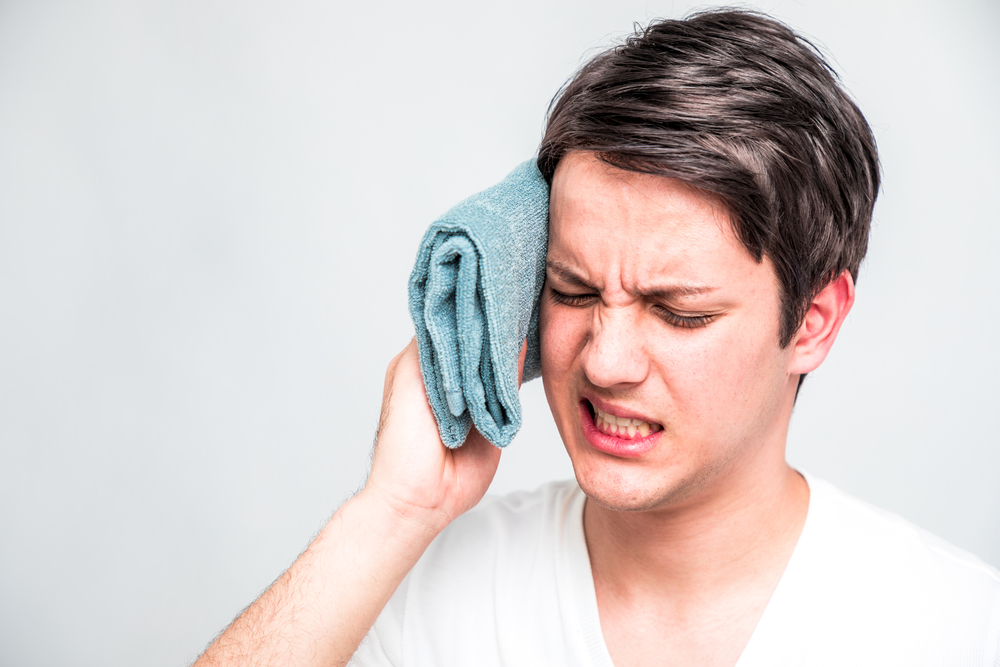
During hot weather, there is a high chance for heat-related illnesses to occur, such as heat exhaustion and heat stroke. So, how do you distinguish the two? Here are some points to consider:
Heat Stroke is More Severe
Heat stroke is a severe heat-related illness and needs immediate medical attention. Within just a few hours, heat stroke can lead to damages in the major organs such as the brain, the heart, the kidneys and even the muscles. End-organ damage may get worse if you don’t get treatment as soon as possible. This further increases the risk of having serious complications or even death.
Heat Exhaustion Can Lead to Heat Stroke
Heat exhaustion may start with just simple heat cramps, which can then further progress to heat exhaustion. This can later on lead to heat stroke. Heat cramps and heat exhaustion are caused by initial exposure to hot weather, high temperatures or even too much physical exertion.
Heat Exhaustion Creates Initial Symptoms
The initial signs and symptoms of heat exhaustion may include excessive sweating, fatigue, dryness of the lips, thirst and muscle cramps. Cramps may be felt in the area of the stomach, arms or legs. It will lead you to feel weak along with other symptoms such as headache and vomiting. This condition is very common during very hot weather or when performing moderate to heavy physical activities. Being physically active outdoors without drinking enough fluids can increase the chance of being affected by heat stroke.
Heat Stroke Can Lead to More Complications
Complications of heat stroke may include nausea, vomiting, muscle weakness or dehydration. It can be life-threatening if not treated as soon as possible. Initially, there may be heavy sweating and a rapid pulse, causing your body to overheat further. Among all other heat illnesses, heat stroke is the most serious of all.
Heat Exhaustion and Heat Stroke Affects All People
People of different ages can be affected by heat exhaustion and heat stroke. No one is spared from heat-related illnesses.
Heat exhaustion can later on progress to heat stroke when the body’s temperature regulation mechanism fails. A life-threatening condition may ensue, which needs medical attention immediately.
How to Prevent Heat Exhaustion and Heat Stroke
Treatment includes drinking water or fluids that containing electrolytes, such as sports drinks, resting in a cool spot such as a shaded or air-conditioned area, and staying well-hydrated.
If the symptoms of heat exhaustion persist, seek immediate medical attention, because this may lead to heat stroke!
-Medical Observer
Overweight and obesity are defined as abnormal or excessive fat accumulation that presents a risk to health. A body mass […]
Around 27 million Filipino adults are overweight or obese, according to the latest National Nutrition Survey conducted by the Food […]
Advances in scientific and technological knowledge have provided unprecedented advantages in terms of immeasurable convenience in our daily living, lightning-fast […]